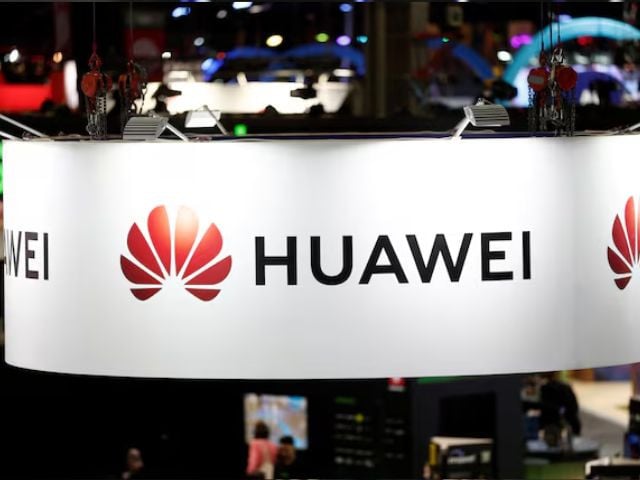Taipei, June 16, 2025 – Taiwan has placed China’s two tech giants, Huawei Technologies and Semiconductor Manufacturing International Corp (SMIC), on its export control blacklist as of June 10, 2025. I see this step as a clear message that Taiwan will guard its chip know‑how closely. Now, any Taiwanese firm must secure a special permit from the Ministry of Economic Affairs before sending products to these companies.
How the Rule Came Together
My view is that the rule grew from reports that Huawei used shell firms to trick Taiwan’s biggest chip maker, TSMC, into making two million advanced AI chiplets. Those parts later showed up in Huawei’s 910B AI processor. When TSMC checked and saw its design, it halted shipments to Sophgo, a China‑based chip designer linked to Huawei’s scheme. From where I stand, that breach forced Taiwan’s trade body to act fast and seal the door on workarounds.
What Taiwan’s List Now Covers
Under its Strategic High‑Tech Commodities Entity List, Taiwan now names about 601 groups from across Russia, Pakistan, Iran, Myanmar and mainland China alongside Huawei and SMIC. I think it is striking that the list even mentions groups like the Taliban and al‑Qaeda. For me, that comparison shows just how serious Taiwan takes the risk of its chips ending up in the wrong hands.
Effects on Huawei and SMIC
Both firms now face a tough road to get advanced tools, materials and designs from Taiwan. I believe Huawei will feel the squeeze, since it already sits on the U.S. Commerce Department’s trade blacklist. And SMIC, China’s top contract maker, must now clear a new hurdle before it can import gear vital for its foundries. In my opinion, these limits will slow China’s drive for self sufficiency in chips.
Impact on China’s Chip Drive
China has poured resources into making its own 7‑nanometer chips, even rolling out Mate 60 phones with homegrown processors in 2023. Yet my take is that losing easy access to Taiwan’s tech could stall those plans. Without parts and know‑how from TSMC and others, Chinese fabs risk falling behind. At the same time, U.S. sanctions already block some gear, so this move doubles the barriers that Beijing now faces.
Broader Tech and Political Ties
From my angle, Taiwan’s blacklist move lines up with U.S. aims to slow China’s edge in AI and high‑end semiconductors. It also shows Taipei siding with Western allies, despite China’s repeated claims of sovereignty over the island and its warnings of force. I find it noteworthy that Taiwan has vowed to curb tech theft and talent poaching, and this step proves its will to back up those promises.
Neither Huawei nor SMIC has spoken out yet. Meanwhile the Ministry of Economic Affairs has stuck to brief, formal notes on the change. As I watch this story unfold, I expect firms in Taiwan will tread carefully, knowing the permit process could shape their deals with Chinese customers.
Overall, I read Taiwan’s action as more than a trade tweak. To me, it signals a tech divide growing ever wider. For now, companies on both sides will need to adjust fast, and I’ll be watching to see how China’s chip plans adapt to this new barrier.

